This article previously appeared on Crossfader
Genre: West Coast Hip Hop, Experimental Hip Hop
Favorite Tracks: “Wasup JoJo,” “DJ BasedGod,” “Free Life,” “Getting Hot,” “West Coast”
Over the course of the nearly seven-minute ode to hip hop and fun that is “DJ BasedGod,” Lil B announces, “My name’s Little B and I saved hip hop” with the kind of over-enunciated cadence and lack of rhythmic variation that people often associate with old school hip hop they find risible. If one did not have much context for Lil B and his artistic mission, one might think that the first eight songs of BLACK KEN were pure pastiche, an in-joke for people who take pleasure in ridiculing the supposed simplicity of old school practitioners of hip hop that us modernists consider insufficiently sophisticated. But that line on Lil B, that his music is parody intended to elicit knowing laughs, is clearly bunk to anyone who has a decent familiarity with the BasedGod and his sheer passion for the ever-evolving forms that the genre has taken throughout its history. Lil B means every word of every line on BLACK KEN, even when he’s contradicting himself, luxuriating in generic fantasies, or proclaiming that he saved rap.
On the surface, what ties this tour through the landscape of Brandon McCartney’s hip hop passions together is a joyous party vibe that could very well be insufferable if somebody with his conviction wasn’t purveying the good vibes. Throughout the album Lil B makes repeated references to things not stopping—the party, life, the weather. He encourages people to light up joints, turn up and GO DUMB, he references various streets in Berkeley and locations in the Bay Area, and he brags about sex, violence and MC Skills. These lyrical motifs all draw from conventional macho fantasies that form the framework for a certain strain of gangster hip hop, more dedicated to keeping the party alive than making political statements. Lil B doesn’t so much play against these fantasies as insert fragments of his life experience and reflexive eccentricity into them. Examples include: “I be chewing in my fork in this *actual bleep* tryna keep my teeth clean in this *actual bleep*” on “Getting Hot” ; Lil B encouraging a girl to come over to the party after work “if her head don’t hurt” on “DJ BasedGod,”; and the general spirit of leading a Based Lifestyle that Lil B expresses beautifully on “Free Life.”
With regard to production, the move away from trap, cloud rap beats, and soul-samples of Lil B’s prior work toward popular west coast G-Funk and hyphy forms signals something of a new approach for Lil B. To characterize this album as a polemical “Make Hip Hop Great Again” statement would be a misinterpretation of Lil B’s love of hip hop, past, present, and future—a love that extends the genre facets that draw upon other popular musical styles—the EDM-esque production of “Global,” the gaudy pop of “Turn Up (Till You Can’t),” Lil B’s Atlanta-influenced, “T-Shirt”-referencing delivery of “Raw,” or the dance-hall influenced “Zam Bose in San Jose.” But what sets BLACK KEN apart from the recent works by the great, more sing-songy (for lack of a better word) rappers of our time is its focus on moving away from melodic variation and working within tighter rhythmic frameworks. This isn’t an all-encompassing strategy for Lil B on this album (on “Still Run it” Lil B exclaims that he doesn’t AutoTune, only to AutoTune on “Raw,”) but more of a general tendency that demonstrates Lil B’s approach to vocal delivery and flow on BLACK KEN.
On “Still Run it,” the first time you hear Lil B’s voice on the album, he uses a cadence one might associate with 2pac or Scarface, an affected deeper voice that sounds nothing like the throaty delivery that we have come to expect from Lil B. The deeper voice doesn’t stay with Lil B through the album, but, for the first third or so of BLACK KEN, Lil B does retain the way of emphasizing the first line on two syllable words with a higher pitch. (For example, on “DJ Based God”—“I’m a LI-on in the JU-ngle. And rap is my HU-stle.”) Throughout BLACK KEN, Lil B gives the impression that he is trying on various MC personas, examining these different styles of vocal delivery and emphasizing their strangeness and abstraction.The exaggerated, spoken-word delivery style gives way to the gravely clenched-jaw delivery of hyphy pioneer Keak Da Sneak on “Getting Hot” (an amazing song that recalls the pleasures of hearing Lil Jon on mainstream FM radio in the early to mid 2000s). While the cadences on these two styles diverge, they retain a staccato approach as opposed to the drawl-like delivery of Southern California G-Funk rappers.
Explaining BLACK KEN’s unseemly cohesion is no easy feat, but in addition to looking at in cadence, one might also look at the way the single plunking piano note on “Bad MF” and the single note on synthesizer “Wassup JoJo” lay the foundation for the beats of those songs. One might also look at how the way those synth/piano arrangements on “Bad MF” and “Wassup JoJo” progress to higher notes in the same way that the arrangements in “Getting Hot” or “Zam Bose in San Jose” do. Or one could stop trying to figure out why BLACK KEN’s sonic arrangements all feel of a piece and just enjoy The BasedGod’s effortless mastery of hip hop forms. Whether it be the effortless paralells to DJ Mustard’s production oeuvre or the vocalized crunk stylings derived from Lil Jon, Lil B is as much as a peer to pop culture’s most prominent producers as he is the Godfather to our most recent spate of rappers.
Much of the pleasure of listening to Lil B comes hearing him work out what makes his cadences produce emotional effects in himself and in his listeners in real time. It’s a unique kind of pleasure that one does not always get from more technically proficient rappers. And it’s a pleasure that one gets from listening to “West Coast,” a song that ushers in an angrier, more confessional Lil B—one with a raspier voice than that of teenage Lil B who burst onto the scene and changed hip hop forever. It’s a classic Lil B song in that he prioritizes emotion over fitting his words into traditional patterns. The vocal restraint and lurching emphases of the early tracks give way to a more unhinged Lil B who is shouting and ending these lines on syncopatic punctuation (“Sometimes I want to ex-PLODE and lose con-TROL, but sometimes y’all need-ME more than you-SHOW.”) The party vibe of the album subsides and we are left with Lil B getting raw and real, laying bare his fears, fantasies and pain. Lil B has always stood for positivity, freedom, and being yourself. When you put your heart on the line for those virtues, there’s always going to be a struggle, and Lil B briefly gives us a glimpse into that. THANK YOU BASED GOD.
Verdict: Recommend


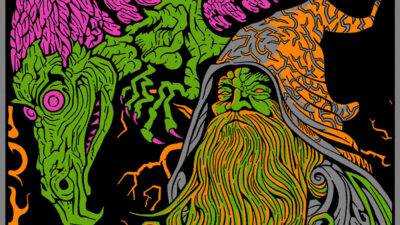

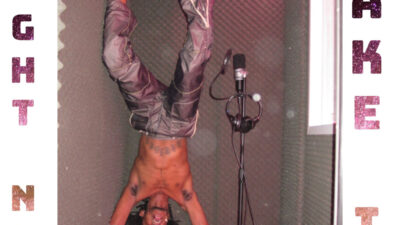

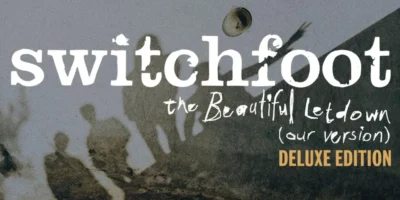





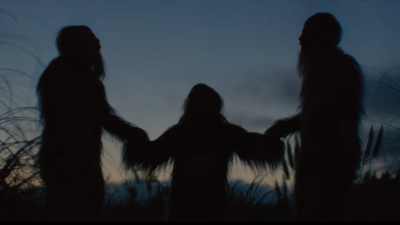

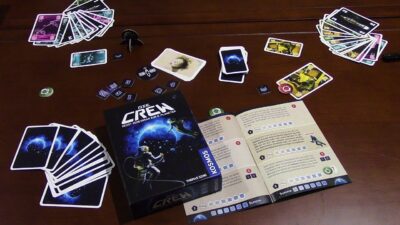
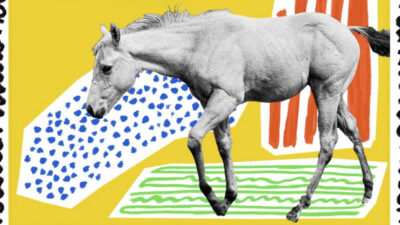
Comments